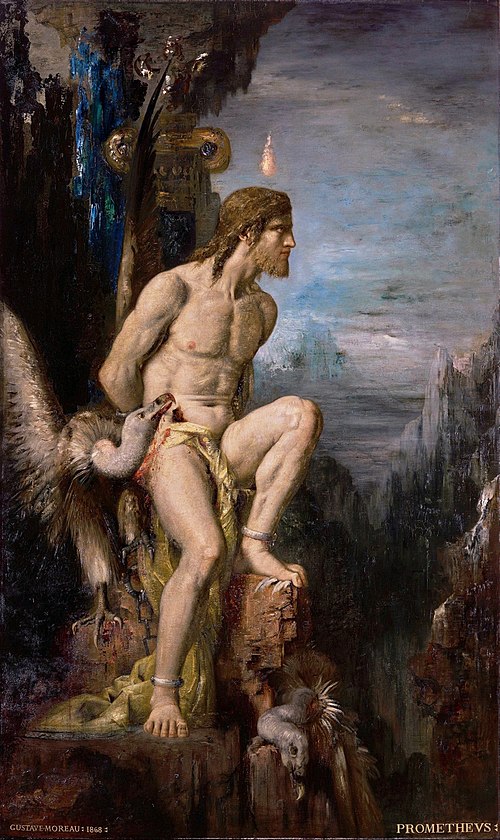Mythologynoun
The collection of myths of a people, concerning the origin of the people, history, deities, ancestors and heroes.
Mythologynoun
A similar body of myths concerning an event, person or institution.
Mythologynoun
Pervasive elements of a fictional universe that resemble a mythological universe.
Mythologynoun
(uncountable) The systematic collection and study of myths.
Mythologynoun
The science which treats of myths; a treatise on myths.
Mythologynoun
A body of myths; esp., the collective myths which describe the gods of a heathen people; as, the mythology of the Greeks.
Mythologynoun
myths collectively; the body of stories associated with a culture or institution or person
Mythologynoun
the study of myths
Religionnoun
(uncountable) The belief in a reality beyond what is perceptible by the senses, and the practices associated with this belief.
Religionnoun
(countable) A particular system of such belief, and the rituals and practices proper to it.
Religionnoun
(uncountable) The way of life committed to by monks and nuns.
Religionnoun
(countable) Any practice to which someone or some group is seriously devoted.
Religionnoun
Faithfulness to a given principle; conscientiousness.
Religionverb
Engage in religious practice.
Religionverb
Indoctrinate into a specific religion.
Religionverb
To make sacred or symbolic; sanctify.
Religionnoun
The outward act or form by which men indicate their recognition of the existence of a god or of gods having power over their destiny, to whom obedience, service, and honor are due; the feeling or expression of human love, fear, or awe of some superhuman and overruling power, whether by profession of belief, by observance of rites and ceremonies, or by the conduct of life; a system of faith and worship; a manifestation of piety; as, ethical religions; monotheistic religions; natural religion; revealed religion; the religion of the Jews; the religion of idol worshipers.
Religionnoun
Specifically, conformity in faith and life to the precepts inculcated in the Bible, respecting the conduct of life and duty toward God and man; the Christian faith and practice.
Religionnoun
A monastic or religious order subject to a regulated mode of life; the religious state; as, to enter religion.
Religionnoun
Strictness of fidelity in conforming to any practice, as if it were an enjoined rule of conduct.
Religionnoun
a strong belief in a supernatural power or powers that control human destiny;
Religionnoun
institution to express belief in a divine power;
Religion
Religion is a social-cultural system of designated behaviors and practices, morals, beliefs, worldviews, texts, sanctified places, prophecies, ethics, or organizations, that relates humanity to supernatural, transcendental, and spiritual elements; however, there is no scholarly consensus over what precisely constitutes a religion.Different religions may or may not contain various elements ranging from the divine, sacred things, faith, a supernatural being or supernatural beings or . Religious practices may include rituals, sermons, commemoration or veneration (of deities and/or saints), sacrifices, festivals, feasts, trances, initiations, funerary services, matrimonial services, meditation, prayer, music, art, dance, public service, or other aspects of human culture.

























